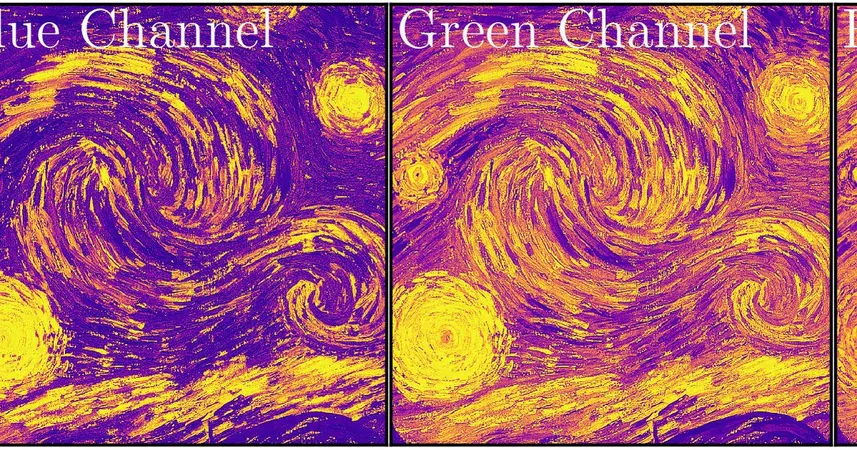
AlphaFold AI Revolutionizes Cancer Research: A Game Changer for Future Therapies!
2024-12-06
Author: Siti
Introduction
In an exciting turn of events, the 2024 Nobel Prize in Chemistry has opened new doors for cancer research, demonstrating the transformative power of artificial intelligence (AI) in medicine. While the Nobel Prize in Physiology or Medicine captures significant immediate attention, this year's Chemistry prize highlights groundbreaking scientific advancements that could have profound implications for healthcare, particularly in oncology.
Breakthrough Achievements
Half of the prestigious award was bestowed upon David Baker, PhD, for his pioneering work in computational protein design. The other half recognized the joint efforts of Demis Hassabis, PhD, and John Jumper, PhD, MPhil, MS, for their remarkable achievements in protein structure prediction. Their groundbreaking tool, AlphaFold, uses AI-driven algorithms to forecast the three-dimensional structures of proteins from their linear amino acid sequences—an undertaking that scientists have struggled to achieve for decades.
Significance for Cancer Biology
But why does this matter for cancer biology? The answer lies in the continuous evolution of targeted therapies such as tyrosine kinase inhibitors (TKIs). Previously, researchers often resorted to a hit-or-miss approach when designing drugs, relying on limited understanding of protein interactions and modifications. This method was slow and fraught with uncertainty, leading to prolonged development times and potential setbacks in effective treatment options.
The Role of AlphaFold
With AlphaFold’s advent, the landscape is rapidly changing. This technology allows for precise predictions of how drugs will interact with specific protein sites, significantly enhancing the likelihood of success in drug design. By enabling researchers to synthesize targeted drugs more efficiently, AlphaFold marks a pivotal advance in the development of next-generation TKIs and other oncology therapies.
Broader Implications
Moreover, the implications of AlphaFold extend beyond just cancer. Its ability to elucidate complex protein structures can accelerate drug discovery across a variety of diseases, paving the way for personalized medicine approaches that can revolutionize treatment protocols.
Conclusion
In conclusion, the recognition of AlphaFold and its creators not only signifies a monumental step forward in our understanding of protein dynamics but also hints at a future rich with possibilities for tackling challenging conditions like cancer. As the landscape of medical research evolves, innovations like these signal that we are on the brink of a new era in the fight against disease—one driven by the power of artificial intelligence. Keep an eye on this space; the future of medicine just got a whole lot brighter!



 Brasil (PT)
Brasil (PT)
 Canada (EN)
Canada (EN)
 Chile (ES)
Chile (ES)
 España (ES)
España (ES)
 France (FR)
France (FR)
 Hong Kong (EN)
Hong Kong (EN)
 Italia (IT)
Italia (IT)
 日本 (JA)
日本 (JA)
 Magyarország (HU)
Magyarország (HU)
 Norge (NO)
Norge (NO)
 Polska (PL)
Polska (PL)
 Schweiz (DE)
Schweiz (DE)
 Singapore (EN)
Singapore (EN)
 Sverige (SV)
Sverige (SV)
 Suomi (FI)
Suomi (FI)
 Türkiye (TR)
Türkiye (TR)